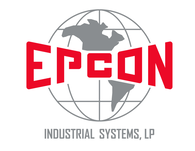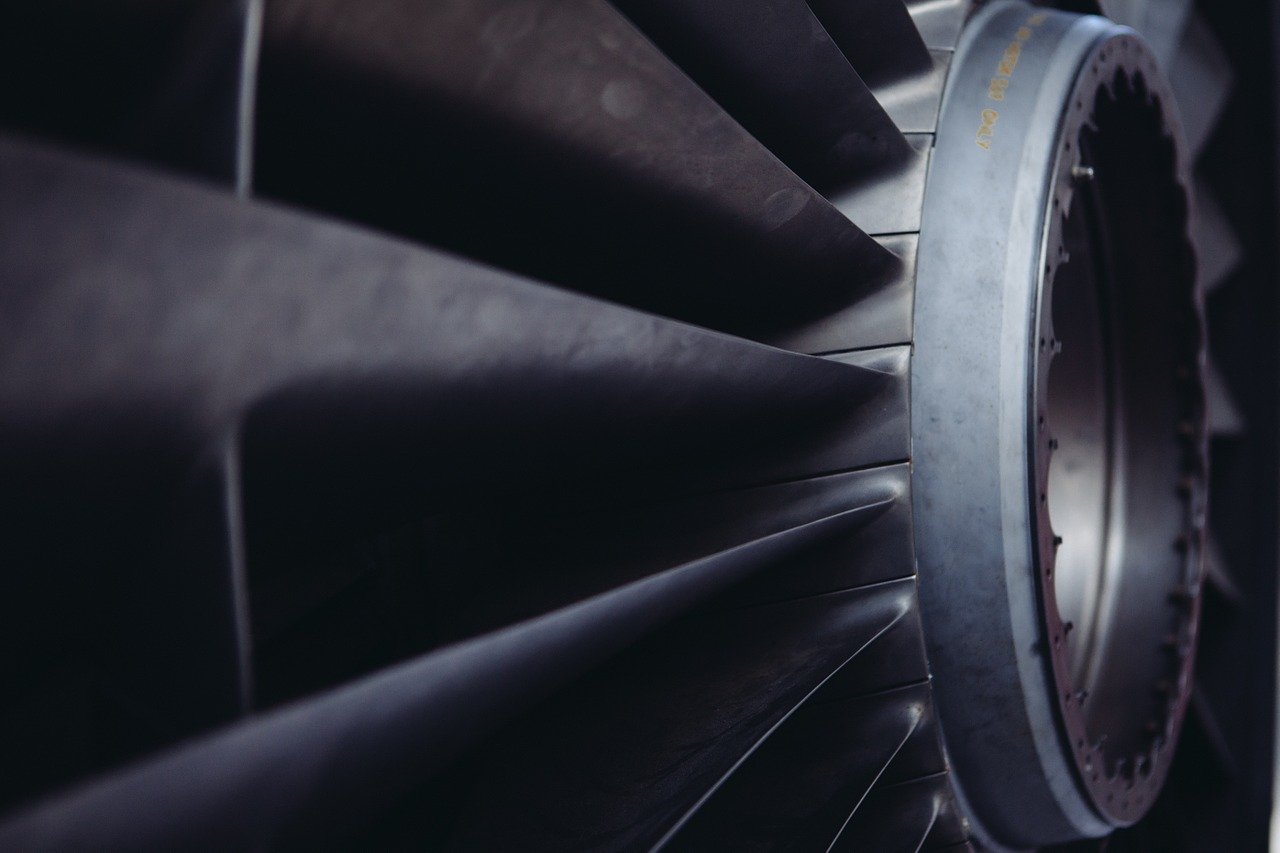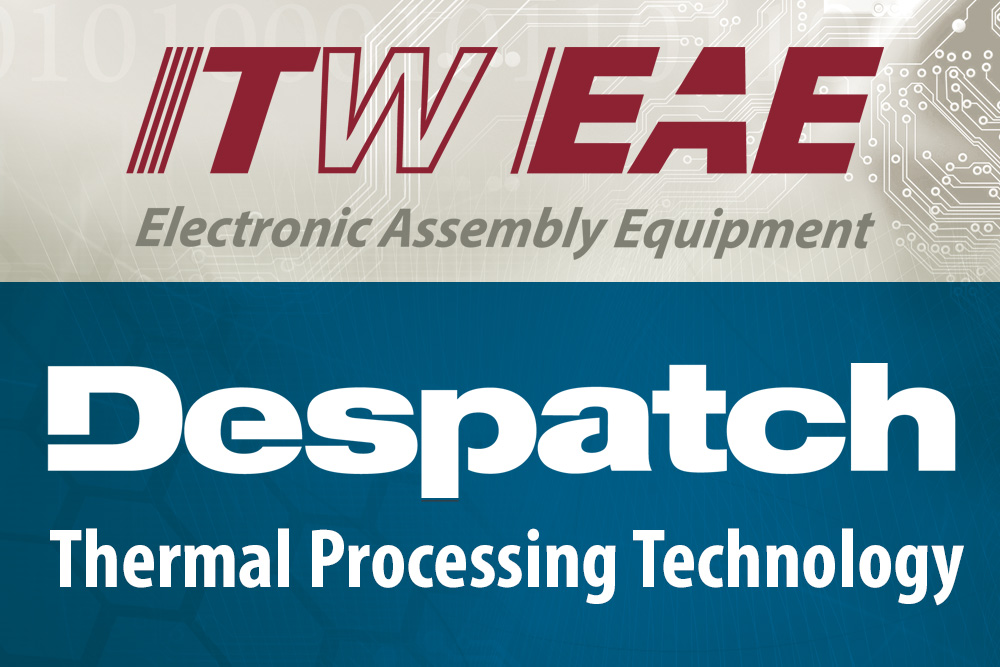Industrial curing ovens are potent additions to a manufacturer’s workflows and production processes. They provide a unique mix of high precision, large volume output, and user-friendly designs to help manufacturers produce high-quality products efficiently and cost-effectively. Put another way, industrial curing ovens deliver critical results that help manufacturers maintain their competitiveness.
But finding the right curing oven for your application can be cumbersome and confusing. There are many considerations that go into choosing a curing oven—airflow patterns, chamber size, and digital controls. Working with knowledgeable, highly experienced manufacturers like Despatch makes it easier. Their curing ovens excel at curing advanced composite materials such as carbon fibers, ceramics, Kevlar®, thermoset, thermoplastic resins, and glass fibers.
Previously, manufacturers used autoclaving technology to produce composite components. But autoclaves often lack the size, production flexibility, and cost advantages of out of autoclaving technologies. However, advancements in oven design and technology have boosted the performance of industrial composite curing ovens to new levels. They’re now well-suited for producing high-quality products. They have a wide spread usage in both large and small volume applications.
What is a Curing Oven?
Industrial curing ovens are specifically designed for processing applications. They raise the temperature of materials to within or above a specific limit. Often, that’s enough to accelerate the physio/chemical links within a material and improve the mechanical properties. Manufacturers can also add solvents to the curing oven to speed up the process. Typical curing applications include curing adhesives and paints and coatings, drying products, finishing, and preheating metal for coating.
The main principle of industrial curing ovens is based on heat sources and air circulation patterns.
Two types of curing ovens exist:
- Batch process ovens
- Continuous process ovens/ Conveyor Ovens
Curing ovens include five critical components:
- Oven enclosure
- Heating unit
- Supply air system
- Recirculating air system
- An exhaust air system
These ovens are ideal for a wide range of applications, including curing adhesives, polymers, and paint and coatings, as well as drying products, finishing, and preheating metal for coatings.
While chances are good you’ll end up with a customized industrial curing oven, many share the same basic features. They include atmospheric controls, a simple user interface, multiple data outputs, ease of use, exceptional temperature control, the ability to deliver steady, predictable heating conditions for large batches of materials, and a robust recirculating airflow system to optimize heat transfer. They also include a control interface with easy programming capabilities and precision supply and return airflow adjustments.
What is Composite Curing?
Curing figures prominently in producing composites. The ovens help merge two or more materials with different physical and/or chemical properties into one material that features critical properties exceeding those of the original materials. The materials, however, don’t fully merge. They act in concert. Composite materials are often produced for a specific application, making them more robust, lighter, or resistant to electricity while improving their strength and stiffness. Thanks to their adaptability, composite materials are among the most widely used materials in industry.
Composite curing ovens provide critical benefits that you don’t find in other products. These include exceptional temperature control, high volume outputs that manufacturers can count on, and solid, steady, and predictable heating conditions for large batches of materials. Some composite curing ovens like Despatch’s feature digital temperature controllers. That makes setting, engaging, and maintaining a heat profile more straightforward and less cumbersome, and time-consuming.
Choosing a Curing Oven Manufacturer
Two types of curing ovens exist: batch process ovens and continuous process ovens (also called constant process ovens). But many industrial oven manufacturers produce innovative custom designs for specific curing applications. These companies all boast in-depth expertise, proven records of customer satisfaction, and decades of experience materializing innovative custom-designed solutions.
Below are four top oven manufacturers in the industry
1. Despatch Industrial Ovens

Despatch isn’t just a respected manufacturer of industrial ovens. It’s also an innovator and pioneer in its field. Despatch’s curing ovens offer fast ramping and cool-down rates for increased productivity, short cycle times, and consistent, repeatable curing processes for all product loads.
Despatch offers complete curing systems that include custom-configured ovens with an integrated multi-port vacuum system and Focal Point Process Controller. Their system meets AMS2750, BAC5621, NADCAP, and AS9100 standards.
To support its ovens, Despatch offers an online store, parts and repair, installation and training, and industrial oven selection guide, and a support center that includes tips and FAQs to help companies troubleshoot common oven problems. Its network of certified service representatives provides technical support and service to Despatch customers worldwide.
Headquarters:
8860 207th Street
Minneapolis, MN 55044
Website: www.despatch.com
Phone: 952-469-5424
Toll-free: 1-800-726-0110
2. Epcon Industrial Systems

A global leader in industrial heating equipment, Epcon is known for its deep technical knowledge and production experience, and for producing custom designing and manufacturing pre-engineered and pre-tested products.
Epcon’s product line includes everything from batch-scale equipment to automated conveyorized solutions. Its advanced manufacturing resources ensure that its composite curing ovens meet the most stringent requirements.
Headquarters:
17777 I-45 South
Conroe, TX 77385
Website: www.epconlp.com
Phone: 936-273-3300
3. Blue M

Blue M is an internationally recognized leader in designing, engineering, and manufacturing industrial ovens that are ideal for a wide variety of industrial applications. Blue M curing ovens, which provide excellent temperature uniformity, are manufactured in various configurations and used to cure powder coatings, epoxy resins, thermoplastics, adhesives, coatings, rubber, polymers, carbon fiber, and plastic composites.
Headquarters:
2821 Old Route 15
New Columbia, PA 17856
Website: www.bluem.com
Phone: 570-538-7200
4. International Thermal Systems

ITS manufacturers an extensive line of industrial applications for the automotive, aerospace, power generation, battery manufacturing, building products, foundry, and metal packaging industries. Known for its products’ quality and in-depth technical knowledge, ITS produces curing ovens in both batch or continuous process configurations. These curing ovens are used to cure parts, coatings, and adhesives.
Headquarters:
3000 North 114th Street
Wauwatosa, WI 53222 USA
Website: www.internationalthermalsystems.com
Phone: 414-672-8800
Industrial curing ovens are powerful additions to today’s workflows or production processes. Designed to help manufacturers produce high-quality products, curing ovens deliver critical results that ensure that production processes are efficient and effective. Two types of curing ovens exist: batch process ovens and continuous process ovens (also called constant process ovens).
But buying a composite curing oven is a challenge. Often, the curing oven needs to be customized to fit a specific application and production environment. The four manufacturers described above provide the technical knowledge and experience to help you select curing even that fits an application’s specific requirements and production environment. Despatch equipment typically exceeds process requirements for even the most exacting customer needs.
Still have questions about buying an industrial curing oven for your organization, check out our field guide to buying industrial ovens. Or, call our skilled customer service team to assist you. Please call 952-649-6529.






